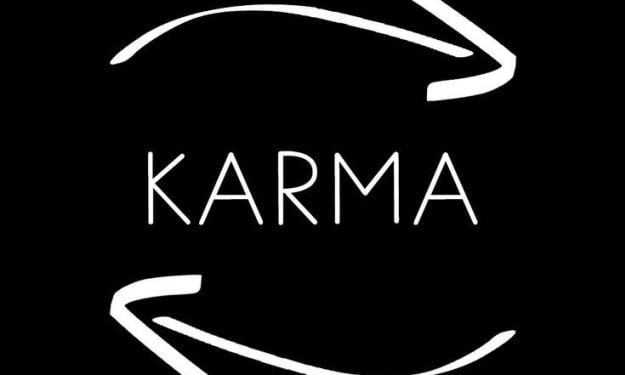Learning How to Cope Without Alcohol
The discomfort is worth it in the end

I sat down at the kitchen counter with my freshly made iced coffee, pen in hand, and began to journal.
It’s been a tough week. Feelings-wise.
I sit and stare ahead of me at the kitchen sink which is overflowing with dishes. My mind wanders to the list of things I need to accomplish before my friend arrives on Saturday.
- Clean the bathroom
- do at least 4 loads of laundry
- buy sheets for the guest bed
- wash these damn dishes…
My anxiety has been subtly showing up for the last 10 days or so; making itself known through a shaking leg, obsessive cuticle picking, short and shallow breaths, and spiraling thoughts. My refusal to acknowledge it culminated in a panic attack yesterday. The kind that requires calling out of work for the afternoon, taking a Xanax, and crawling into bed for the remainder of the day.
Despite being medicated, this kind of anxiety still breaks through from time to time. Usually as the grand crescendo of days or weeks of small panics and underlying discomfort.
In early sobriety, I was taken aback at how powerful these waves of anxiety and sadness can be. I’d been dealing with clinical anxiety and depression most of my life, but alcohol is a highly effective life raft.
Work has you stressed out? Pour a glass of wine (and another and maybe another) and turn your brain off for a while as you sink into your couch. Just be prepared to repeat the cycle, because once you stop drinking your way into passivity, the stress will take over again.
Drinking is a quick and easy way to take all of those feelings that are currently overwhelming you and simply float on above them at the calm surface. Especially for those of us with mental illness. It quiets the spiraling thoughts, rushes your brain with dopamine, and lifts you out of your sadness, it assures you that you are doing just fine, and then it gently coaxes you to sleep.
In a matter of an hour, a couple of glasses of wine can accomplish what pills, and yoga, and meditation, and counseling take years to make progress with. Except, of course, those solutions to stress or anxiety or sadness or depression are sustainable. And drinking is not.
The more you drink to avoid all of the feelings, the more you require the next time. Like any addictive substance, your brain and body adapt to the amount you are feeding them and begin to require more to reach that same level of numbness you now know exists.
When I dove off of my life raft and let it float away, I began to experience life as I had before I started drinking. It had been many years since I took on existence without the aid of booze, and at first, I was barely treading water.
The first month, I had a lot of days that I struggled to leave the bed. There were mornings when I’d wake up and walk out to the kitchen and just begin crying and shaking — riddled with unbearable anxiety. My husband and I agreed that he would dole out my Xanax for me, as to not risk my swapping one form of numbness for another — and in those early days there were many times he’d take one look at me, hand me a pill and say “go back to bed, I’ll handle the day.”
Chemically, my brain was rebounding from the years of dopamine and serotonin alcohol had been supplying it. As one part of me desperately sought out some kind of baseline from which to operate, the other part was occupied fighting the urge to imbibe in the easy solution — the quick swig that would end all of the feelings I was drowning in.
With time, the rushing onslaught of feelings slowed. For me, the baseline will always include some sadness and anxiety — there seems to be no amount of Zoloft that can completely keep those two at bay. But the longer I went without alcohol, the more I felt those feelings and sat with them long enough to begin learning how to manage them.
Rather than run away from them or shut them out, I suffered through and found my way out on the other side.
And it hurt. A lot.
It still does.
Yesterday was painful. My chest ached and my throat felt perpetually tight and I wanted to cry or vomit or both nearly all day long. I laid in bed for hours, drifting in and out of sleep, because, as anyone with anxiety knows, it is deeply exhausting. But I felt my way through it, and I woke up this morning with a clear mind and some energy. I had the wherewithal to sit down and journal and begin uncovering what is causing all of this anxiety.
Sobriety pushes me to sit with the discomfort and to persevere through “tough weeks — feelings wise.” It forces me to learn new, better ways to cope with my mental illness. And it reminds me every day that even when it’s painful, that it’s better than the alternative.
About the Creator
Taylor Moran Writes
I write about sobriety & mental health. Subscribe to my weekly newsletter here: https://www.gratefullysober.com/






Comments
There are no comments for this story
Be the first to respond and start the conversation.